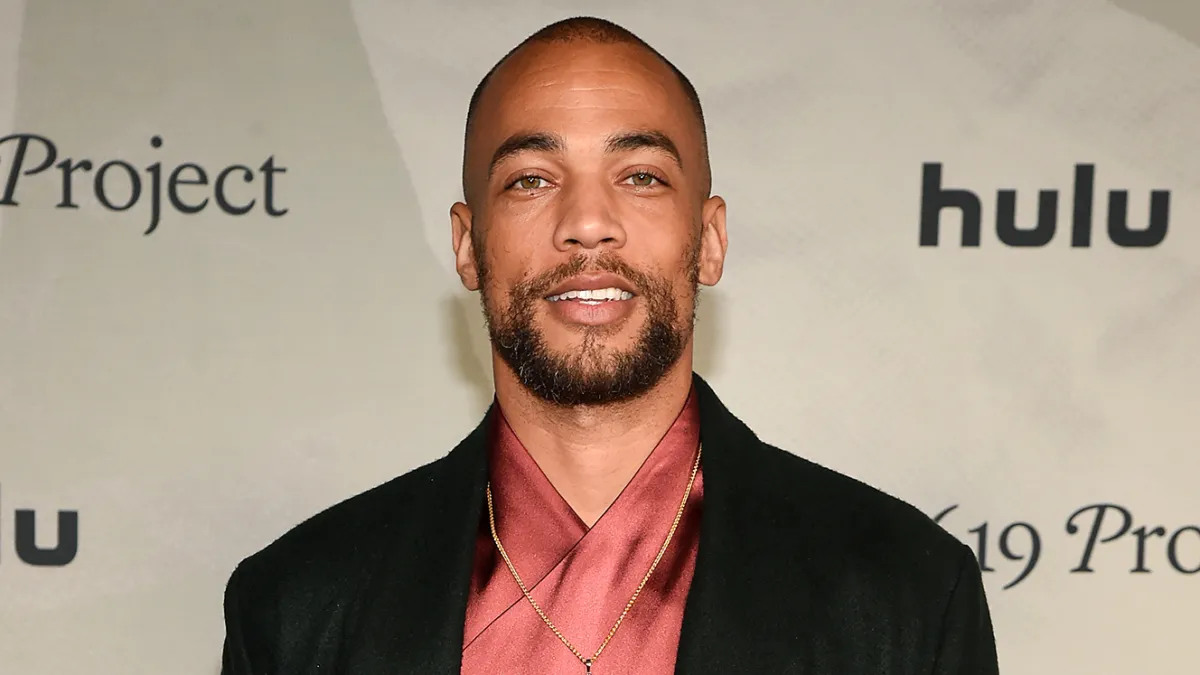Kendrick Sampson revealed his recent residuals checks didn’t even break $100.
“Last week, I get news that I’ve received 56 residual checks. I prayed that these are HEALTHY checks to get me through this time,” Sampson, 35, wrote via Instagram earlier this month alongside a video from the picket lines outside of Warner Bros.
The Insecure alum, who played Nathan Campbell from 2018 to 2021, confirmed that the checks were not enough to pay his bills.
“But lo and behold — 50 (yes FIFTY! FIVE, ZERO) checks into counting, I had to take a break because … the total was $86,” Sampson said. “This is that bulls—t. And I KNOW people are struggling much more than me!”
He vowed: “S—t has to change — This is why we strike. The clock is ticking. Let’s see what happens at midnight. #solidarity #WGAstrong ✊🏽.”

Sampson, who has found success as both an actor and an activist, has showed support for the Writers Guild of America (WGA) strike since it began in May. He later joined the picket lines in solidarity with the SAG-AFTRA union once they began fighting in July.
Both the WGA and the SAG-AFTRA unions are battling over labor disputes with the Alliance of Motion Picture and Television Producers (AMPTP). Strikers are fighting for better wages, streaming residuals and protection against the use of AI in film and TV.
“I don’t think people know that, like, 90 percent of actors are unemployed and, like, most of them are below the poverty line, the overwhelming majority,” Sampson told The Wrap on Thursday, July 20, while picketing once again. “I’m one of the more privileged Black actors and I’m still struggling to pay my bills.”
The Something From Tiffany’s star continued: “So imagine what others who have far less, who have far less experience, credits on their resume, whatever, and far less money and resources like the people in my family that I’m fighting for, that I’m out here doing this for to try to change the future for them, a better future for them.”
Sampson further explained that entertainers are protesting “not just for our extracurricular activities and some bougie pastime. We’re out here protesting for the future, for marginalized folks, for Black folks, we’re out here protesting for the future of our narratives. The future of our stories. The health of our communities.”

